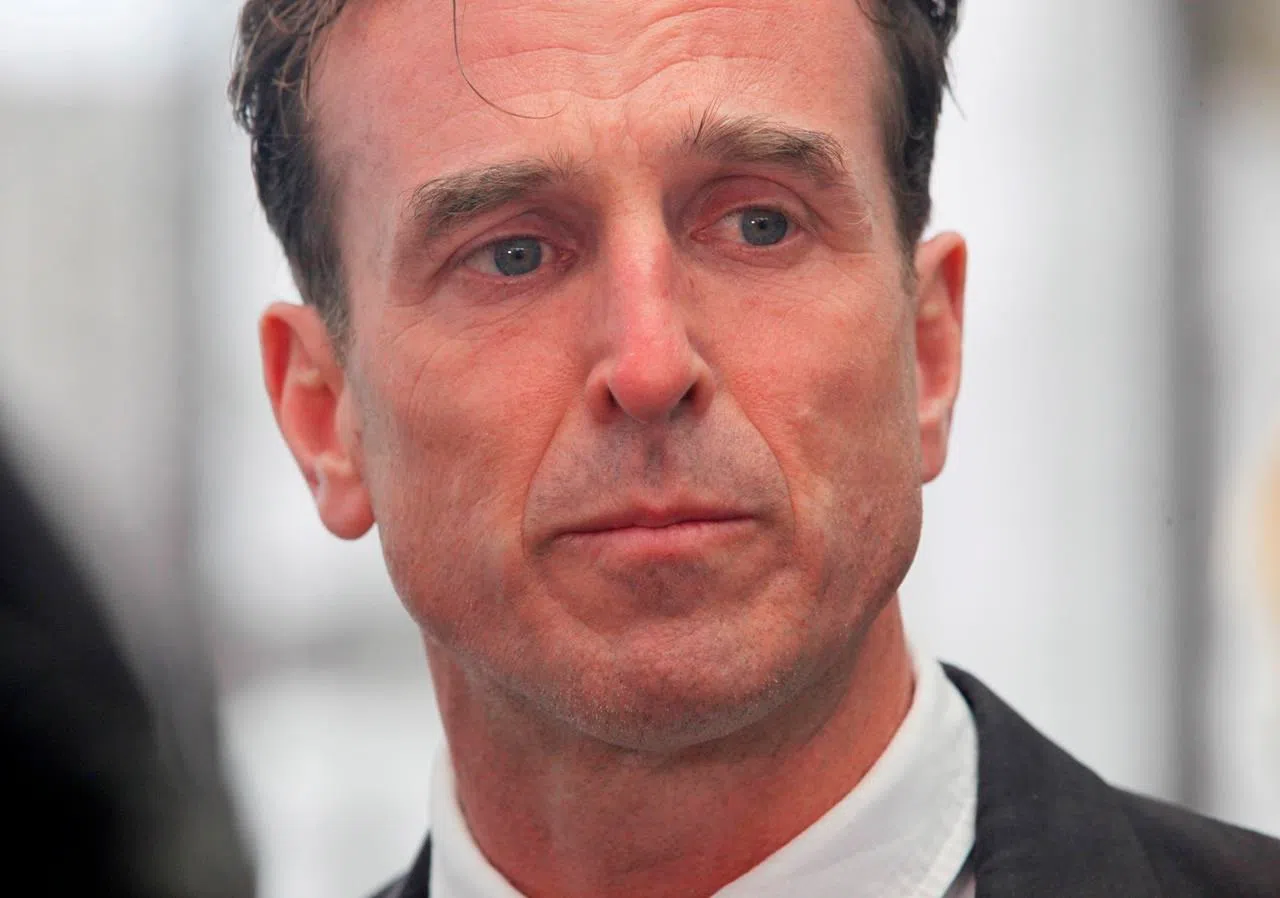
Sobbing Lindhout says Somalia kidnapping inflicted emotional and physical scars
OTTAWA — Amanda Lindhout fought through tears Wednesday as she told a hushed courtroom how she suffers from crippling flashbacks and sometimes wakes up screaming, part of the emotional legacy of her 15-month kidnapping ordeal in Somalia.
Testifying at a sentencing hearing for convicted hostage-taker Ali Omar Ader, Lindhout said the sexual assault, beatings and emotional trauma she suffered in captivity filled her with pain and self-loathing.
“I was a young woman wanting to rebuild my life,” Lindhout said. “But the abuse had made me hate myself.”
Ader, a 40-year-old Somalian national, faces a potentially lengthy prison sentence after being convicted of hostage-taking late last year.


